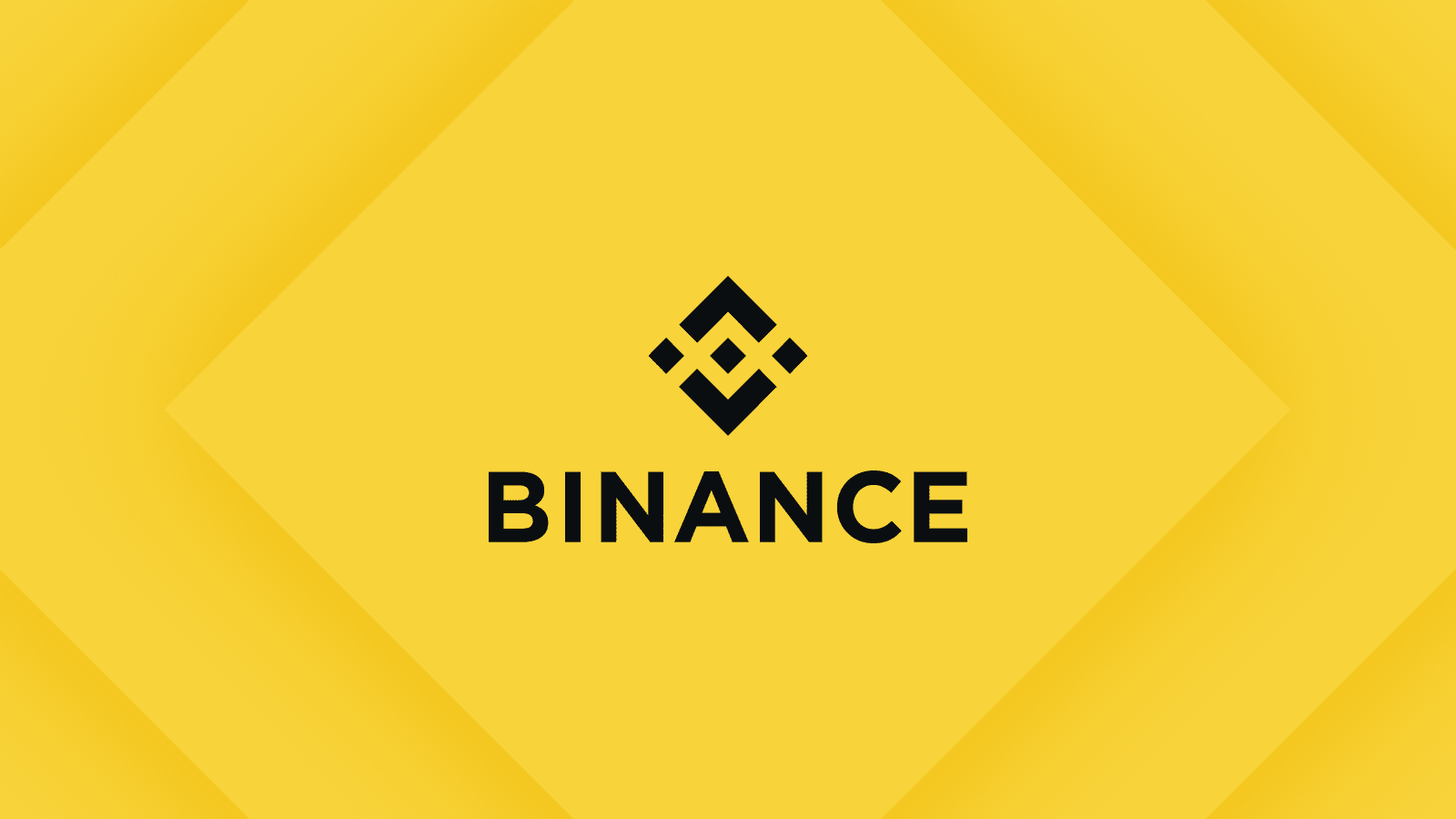Business
Crypto lender Polter Finance halts operations after $12M hack
-

 Business7 days ago
Business7 days agoCircle stock jumps 167% on NYSE debut
-

 Business7 days ago
Business7 days agoJapan’s ‘Strategy,’ Metaplanet, to buy 91K Bitcoin in next 18 months
-

 Business7 days ago
Business7 days agoYuga Labs looks to replace ‘unserious’ ApeCoin DAO with new ApeCo entity
-

 Business4 days ago
Business4 days agoMetaplanet shares jump after $5.4B plan to buy Bitcoin
-

 Business1 week ago
Business1 week agoEuropean Parliament to vote on tech sovereignty proposal in July
-

 Business4 days ago
Business4 days agoKenya’s crypto tax could hinder Africa’s digital growth opportunity
-

 Business3 days ago
Business3 days agoNasdaq-listed fintech Netcapital acquires crypto native protocol Mixie
-

 Business1 week ago
Business1 week agoTrump Media files for spot Bitcoin ETF approval from SEC






























